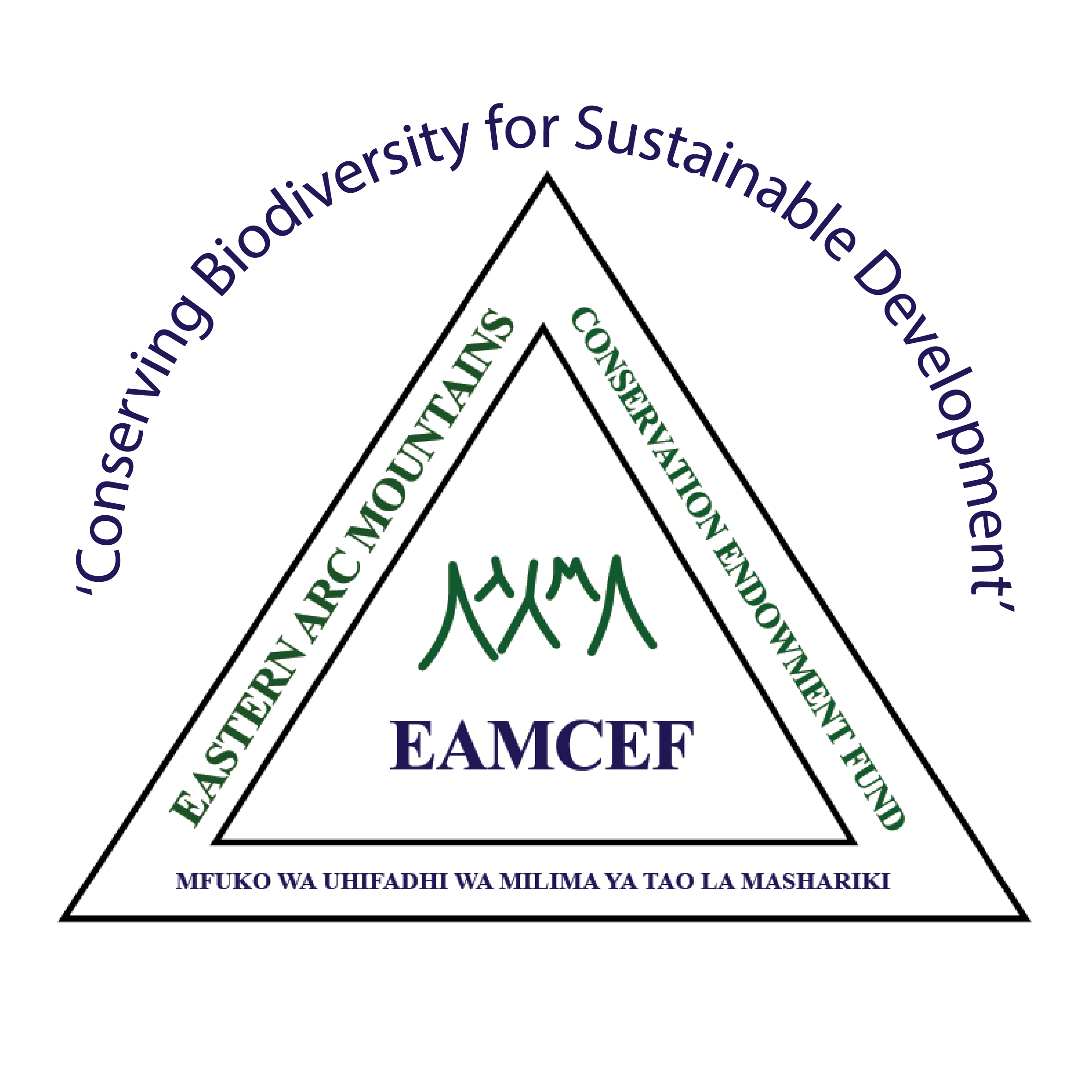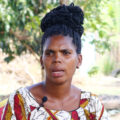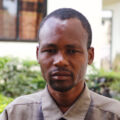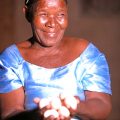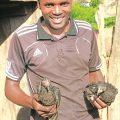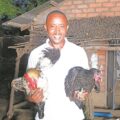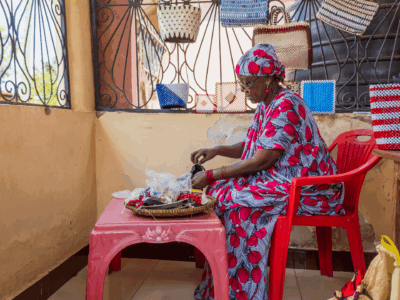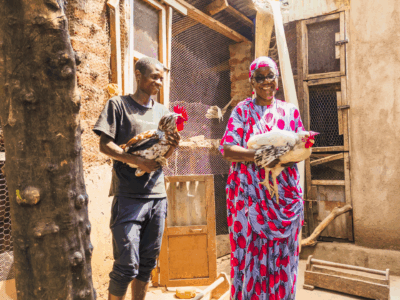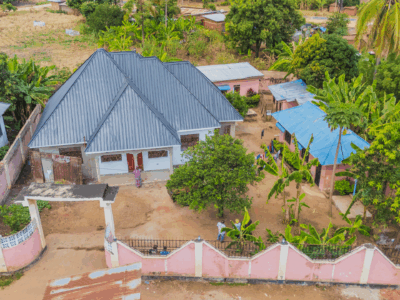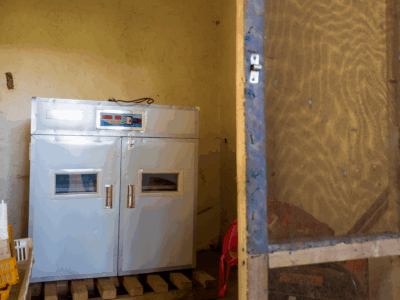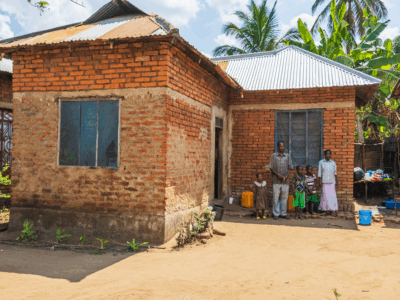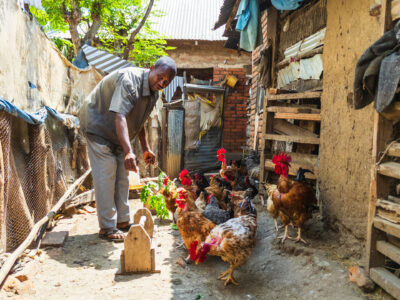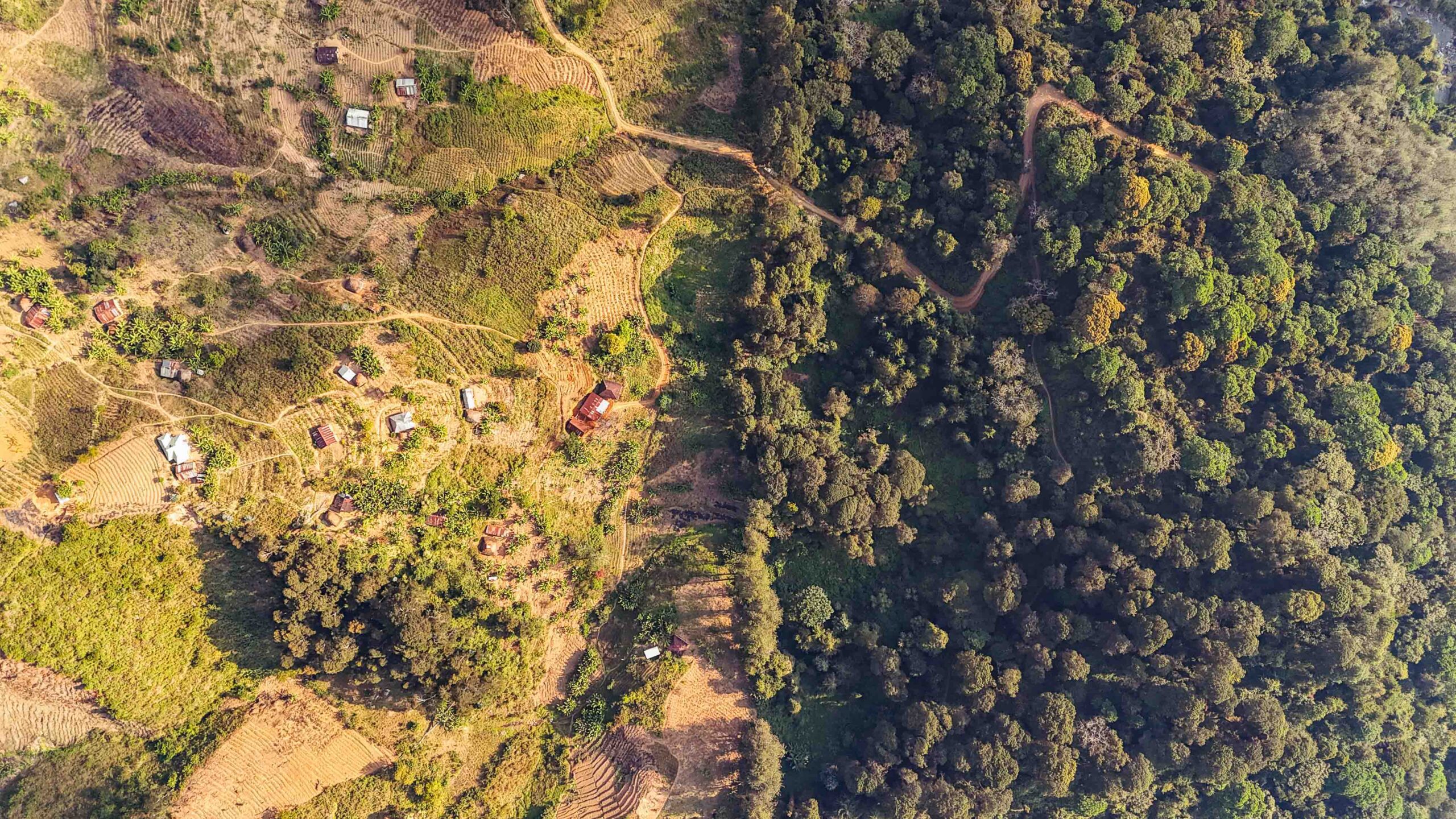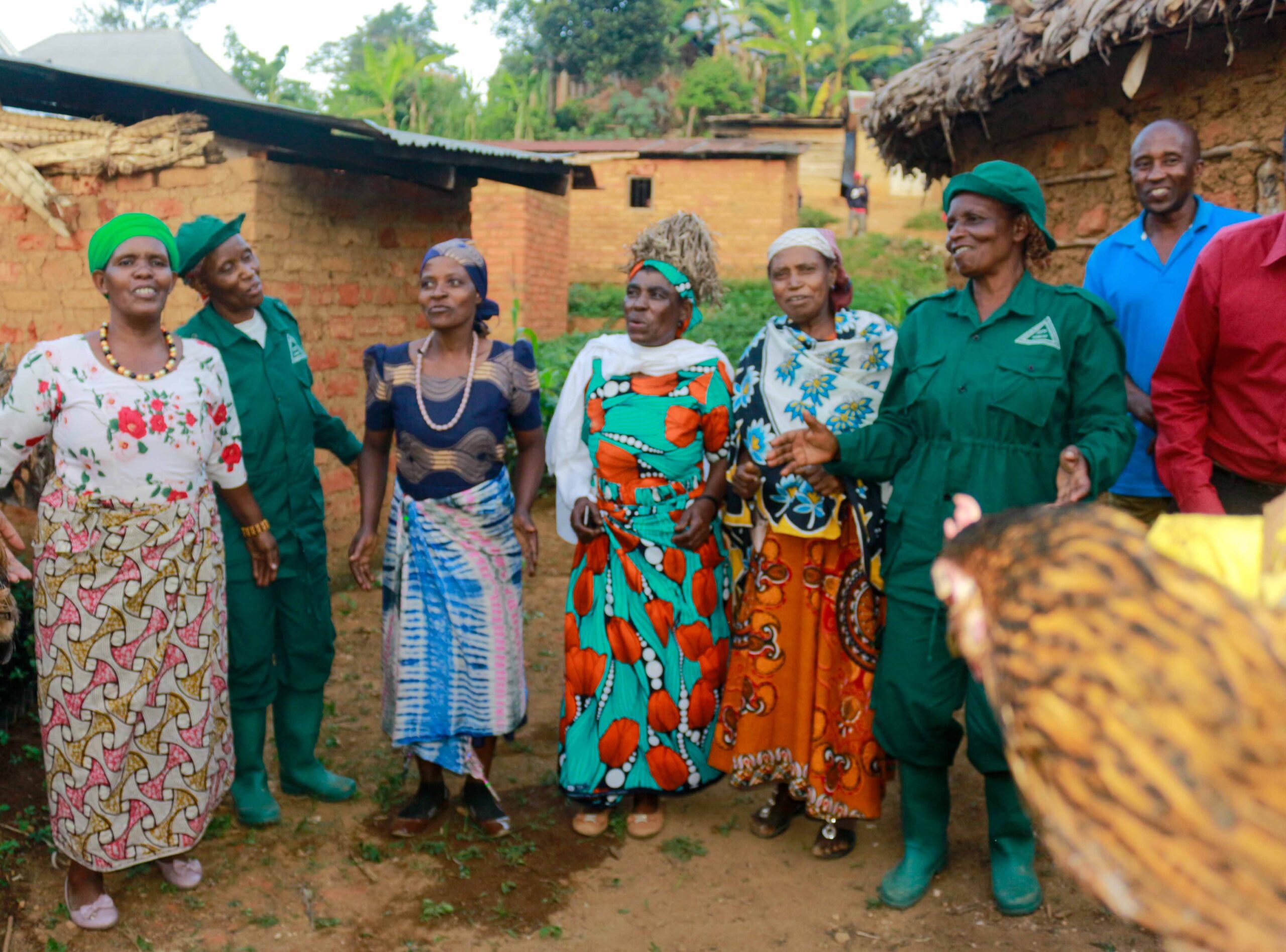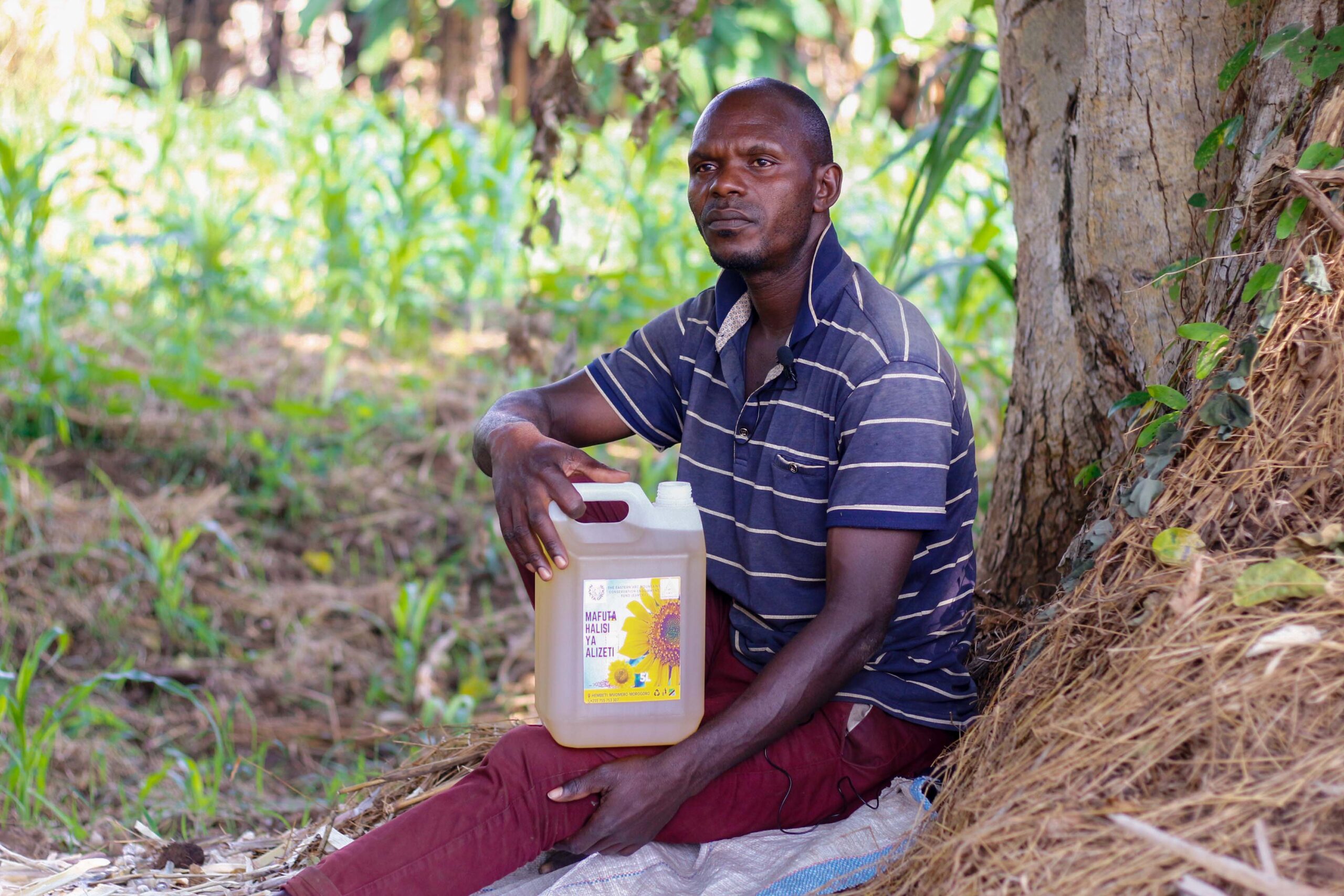Ecotourism infrastructure in the Eastern Arc Mountains has been significantly improved thanks to the efforts…
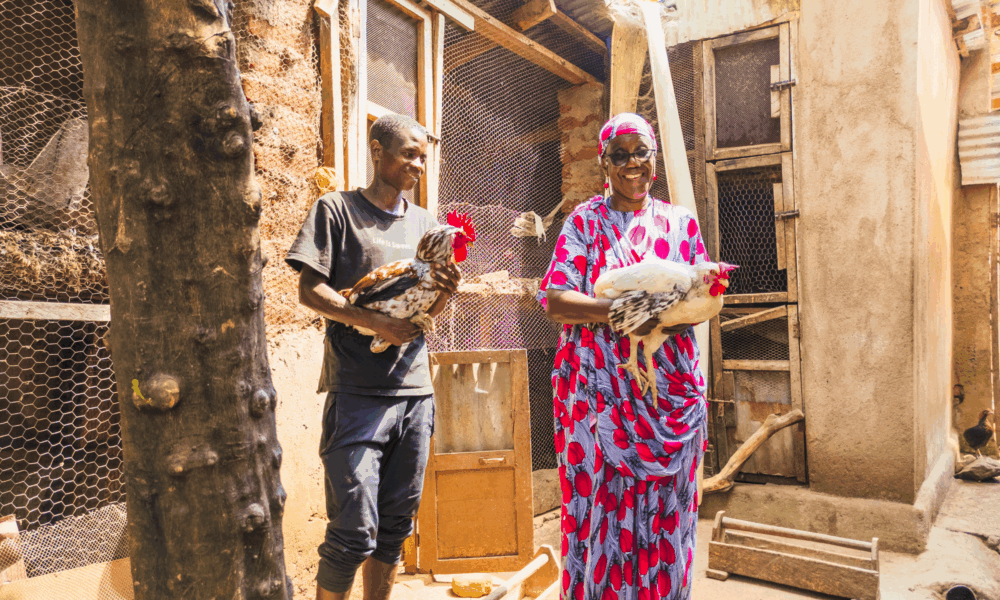
Poultry farming has transformed the life of Sadick Eliringia Chao, turning him from a charcoal maker destroying forests to an ambassador for forest conservation. Living in Mkindo Village, Mvomero District, Sadick once depended on charcoal production for his livelihood. This involved cutting wood from the Mkingu Nature Forest Reserve, contributing to deforestation and biodiversity loss. Life was difficult and full of uncertainty, as he often faced punishment from the village natural resource committee. Tired of the constant struggle and environmental harm, he longed for a more stable and sustainable way to live.
His breakthrough came one day while carrying charcoal, when he passed a group of villagers gathered near the village office. They were attending a training on poultry farming offered by the Eastern Arc Mountains Conservation Endowment Fund (EAMCEF). Sadick joined the Mkindo Kuku Farmers group and received hands-on training in chicken care and poultry management. Inspired, he transitioned into poultry farming, starting with just ten chickens and eventually growing his flock to 200. The income allowed him to upgrade his home, rent land, and invest in a water pump—clear evidence that poultry farming was more sustainable and profitable than charcoal making.
Sadick became a vocal advocate in his community, motivating others to abandon destructive practices and embrace poultry farming. He helped organize meetings, shared his success story, and supported his neighbors in joining the initiative. As a result, forest destruction around the Mkingu Nature Forest Reserve declined, while villagers gained new sources of income and food security.
Who are the Mkindo Kuku Farmers?
The Mkindo Kuku Farmers is a community group established in 2018 to promote forest conservation in the Mkingu Nature Forest Reserve. The group encourages alternative livelihoods—like poultry farming—to reduce reliance on deforestation, charcoal making, and hunting. With 25 members, the group supports women, youth, and people with disabilities by providing training and local poultry breeds to improve economic resilience.
With support from EAMCEF, the group received training in poultry care and, in 2021, purchased an incubator worth 1.6 million Tanzanian shillings. This made them more self-reliant and less dependent on outside poultry suppliers. The initiative has reduced forest destruction significantly, with many members now using gas stoves or improved charcoal alternatives. Better farming techniques have also allowed them to sell chickens at higher prices, creating lasting environmental and economic impact in Mkindo Village.
